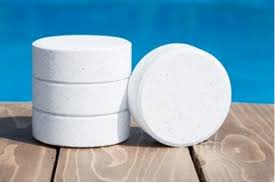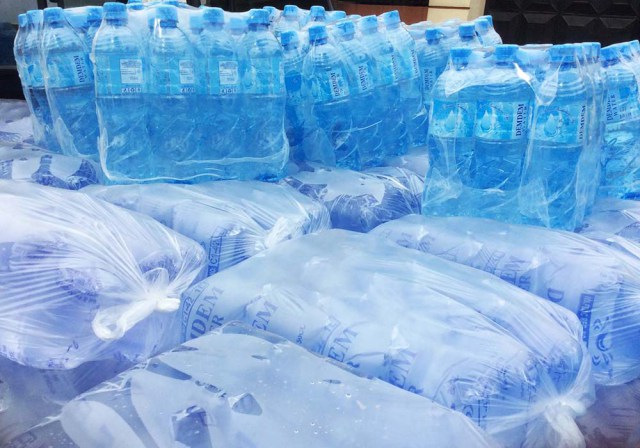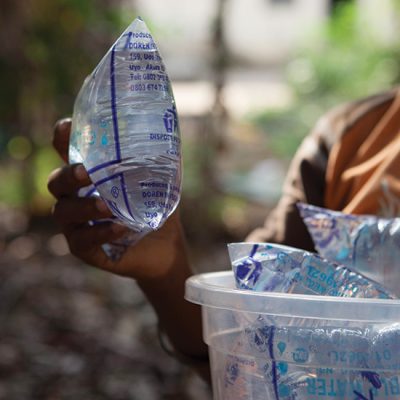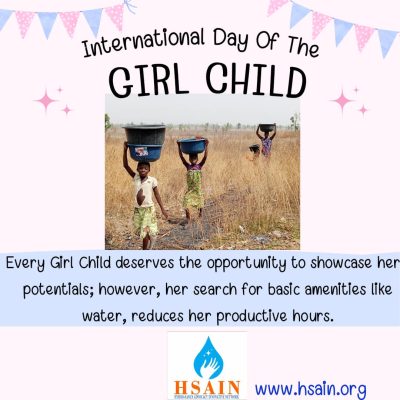
As at the time of this write-up, sachet water in Nigeria (popularly called pure water) is sold at NGN20 per sachet and bags are scarce if seen goes for NGN250-NGN270; Citizens are left with buying in pieces or treating water at home. If you want to buy in pieces; 10 pieces (500Cl ie 5liters) is NGN200, our body needs about 2.5 – 4 liters of water daily, so you will be spending about NGN200 for drinking water in a day. That’s expensive for an average Nigerian/home that earns about NGN1000 (minimum wage at NGN30,000). Bottle water is not for the poor as a bottle goes for NGN100 – NGN150 or more and a pack is NGN1300 – NGN1600. The only way out for a poor or relatively average home/individual in Nigeria will be to produce their drinking water domestically.
How do you treat your water at home?
First what is your source of water?
- Borehole
- Rainfall
- Stream/Spring
No matter your source, they all have impurities, which are harmful to the body and cause diseases. The aim is to separate the impurities to give you a clean and safe water to drink. We will focus on domestic method of treatment.
Rainwater is the purest water in nature…… Surprised? Yes, it is because impurities and mineral salts can’t be found in them; they can’t evaporate; purifying rainwater will be easy right…. It’s a No…No….No…No…
The collection makes it easier; rainwater collected from an aluminum roofing sheet will have less impurities than one from a zinc roofing sheet…. while one collected in an open space is safest.
While collecting rain water use a mesh size of 5 microns for Zinc roofing sheet and 50 microns for Aluminum roofing sheet.
Then boil water, allow it to cool then sieve with mesh size of 1 Micron, then Chlorine can be added 8mg/liter. Your water is ready to drink.

Pictures Source: Pure Water Gazette
For borehole sieve water with 5micron mesh, boil; allow cooling then sieving with 1 Micron mesh size. Add Chlorine 8mg/liter.
For stream/spring water; if you are fetching from the seepage point (where the water is flowing out from the rock/ground) then sieve with 5microns then boil, allow cooling then sieving with 1 Micron, Add Chlorine 8mg /liter.
If the stream source is far from your point of collection; Collect water with a clean container, add Alum (Aluminum Sulfate) 7.5grams/1 liter of water, stir continuously for 15 -20minutes allow to settle, then sieve with 5Micron mesh, then boil, allow to cool off then sieve with 1Micron sieve. Add Chlorine 8mg/liter.
Alum (Aluminum Sulfate)
However, the addition of 8mg/liter of chlorine is not a fixed you can apply less; say 4mg/l if you react to chemicals. And grind the tablet chlorine for quick absorption.


Granular and Tablet Chlorine.
The above information may not be useful to you, because you can afford bottle water or sachet water but teach that poor family or old women in a local community, so they can be safe from cholera, dysentery and diarrhea.
Important to note, the rains are going; start Rainwater Harvesting for the dry season.
Become a WASH Advocate by teaching this treatment process.




